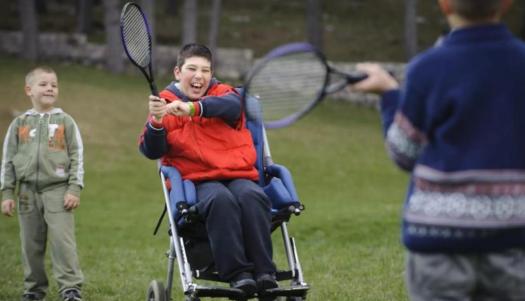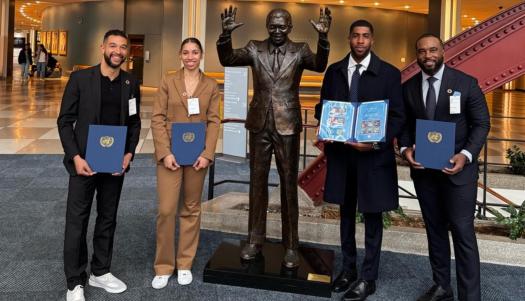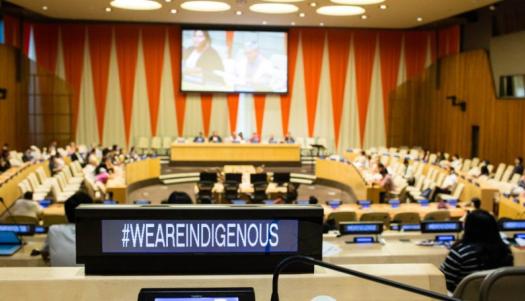
The COVID-19 Global Humanitarian Response Plan, produced by the United Nations Office for the Coordination of Humanitarian Affairs (OCHA), prioritizes the needs of the the most vulnerable including older persons.
Given that the pandemic has already heightened existing levels of discrimination, inequality and gender based violence, the Plan includes specific metrics to ensure that the vulnerabilities of these groups are addressed. This plan also includes programmes that respond to the projected rapid growth in food insecurity.
Older persons suffer from a greater health impact from COVID-19, combined with higher risks of discrimination and physical and financial barriers to access essential services.
Older persons face a disproportionate risk on many levels. They are at risk of complications and death by COVID-19, especially when they present comorbidities such as diabetes and hypertension. Many older persons are also presenting higher rates of disability, including cognitive disabilities such as dementia (see below, persons with disabilities). Initial research in China based on over 44,000 cases of COVID-19 showed a mortality rate of 2.3 per cent for the general population, rising to 8 per cent in those aged 70-79 years and nearly 15 per cent in those 80 years and over. About 95 per cent of those who have died from COVID-19 in Europe were over 60 years, and more than half of those were over 80 years.
Older persons are at higher risk of being discriminated against, including when seeking health care. Public discourse around COVID-19 that identifies it as a disease of older people risks stigmatizing them as vulnerable, dependent and disposable. Social stigma and a perceived link with the disease may result in older people being isolated, stereotyped, discriminated against and treated differently. It risks exposing and intensifying deep-rooted ageism across societies that will not abate when the pandemic ends.
See the updated COVID19 Global Humanitarian Response Plan here.
 Welcome to the United Nations
Welcome to the United Nations


